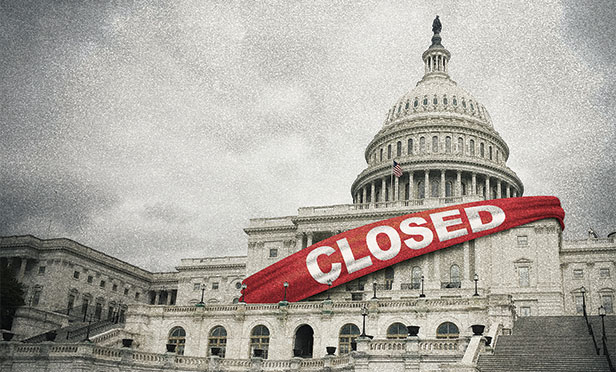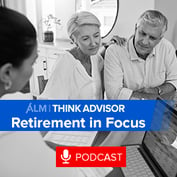
While registered investment advisors must press ahead in meeting their Form ADV filing obligations during the government shutdown, the agency’s divisions will be unable to conduct business as usual. However, state securities regulators continued to function under regular business hours.
“Firms still can and should make all required filings (ADV or otherwise) with the SEC,” said Gail Bernstein, the Investment Adviser Association’s general counsel, in early January. “I believe that all statutory and regulatory deadlines must be kept by [SEC] registrants (or applicants),” Berstein said, as noted in the SEC’s operations shutdown plan.
The agency’s divisions of Corporation Finance, Investment Management, Trading and Markets, and the Office of Compliance Inspections and Examinations “will be unable to process filings, provide interpretive advice, issue no-action letters or conduct any other normal Division and Office activities,” according to the plan.
As a result, “new or pending registration statements or applications for exemptive relief will not be processed regardless of the status of any review of those filings.”
OCIE stated that during the shutdown, “processing of registrations and all non-emergency examinations and other work will be deferred and staff will be unavailable.”
The commission’s Division of Investment Management also posted a notice stating that under shutdown guidelines “you won’t be able to accelerate the effectiveness of various investment company filings and you won’t get answers to questions from the Division,” Bernstein notes.
The shutdown guidance as it relates to the SEC’s Investment Adviser Registration Depository, or IARD, system “is operated pursuant to a contract and thus will remain fully functional and will continue to accept filings as long as funding for the contractor remains available through permitted means,” according to the plan.
However, OCIE will be “unable to approve” advisor registration applications, and Investment Management cannot “provide interpretive advice regarding the Advisers Act, rules or forms, or consider applications for exemptive relief under the Advisers Act,” the plan states.
As a result, new or pending investment advisor applications “will not be processed,” but the IARD system will continue to accept annual and other-than annual amendments to Form ADV, Form ADV-W and Form ADV-E filings.








 January 31, 2019 at 11:00 AM
January 31, 2019 at 11:00 AM









